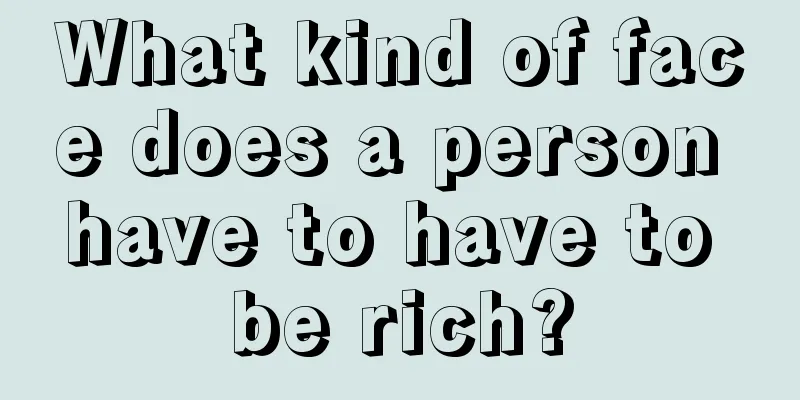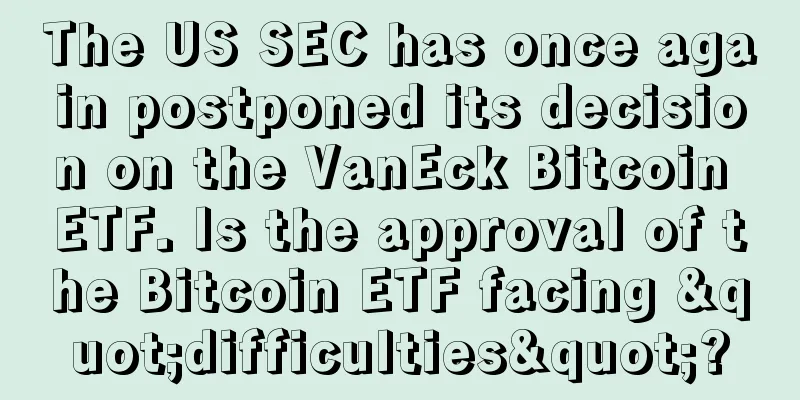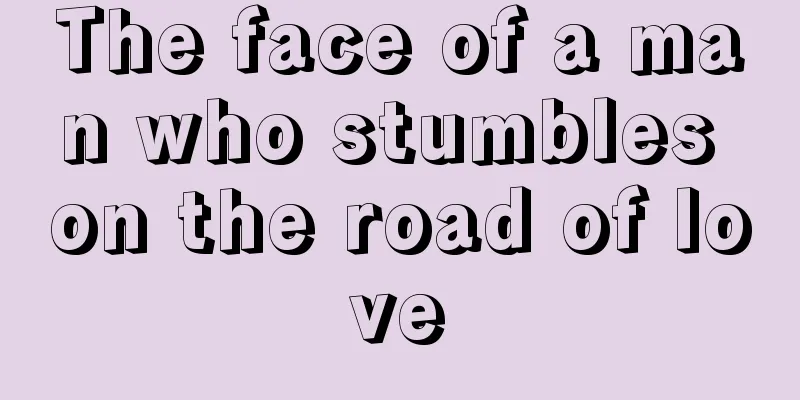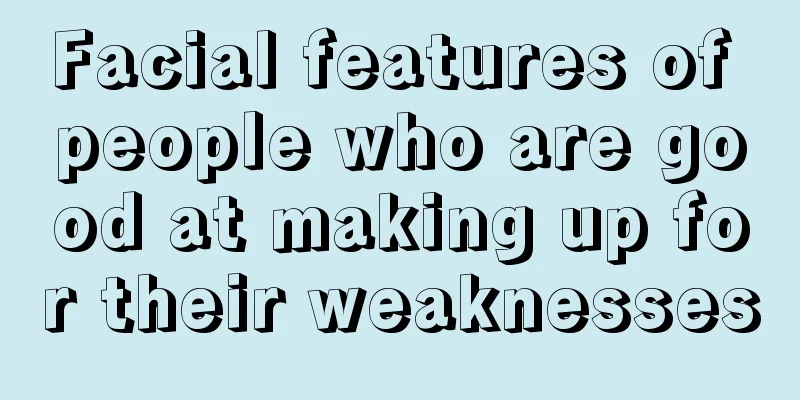After the banking industry, blockchain is about to disrupt the Internet of Things

|
"Blockchain" and "Internet of Things" have become hot terms nowadays. In the past few years, the depreciation of Bitcoin has shifted the focus of the debate on Bitcoin from a single currency to its underlying technology - blockchain technology, which is a distributed database, generally called a distributed ledger. The cases of CoinBase and Ripple Labs have created a new concept: Bitcoin blockchain technology may be much more important than Bitcoin itself. In 2016, the conversation has bifurcated, with one side turning to how the banking industry can use blockchain technology to drive down transaction fees (not just from a mobile wallet or consumer level), and the other side turning outside of the banking industry, but still around other forms of innovative use of blockchain, such as blockchain in the Internet of Things. IT professionals should be familiar with the concept of blockchain and understand how it works, but this is far from enough. They must go beyond basic understanding to see the important interconnections between IoT, blockchain and mobile. From the fringe to the mainstreamCapGemini recently released a white paper titled "Blockchain: A Fundamental Transformation for Financial Services Institutions," which states that blockchain is a decentralized, consensus-based, and tamper-proof data structure that provides a shared public ledger. Blockchain is so important because it subverts many current payment methods and financial services. Blockchain provides a path for everyone to eliminate fraud and does not require intermediaries to guarantee, and may also significantly change the existing payment-cost model. As pointed out in the white paper, the origin of Bitcoin is not very clear, but compared to the history of Bitcoin, it is more important to understand how blockchain is a public ledger (distributing and sharing all transactions to the entire computer network). Blockchain information can only be updated when the majority of system participants reach a consensus, and the information cannot be erased. Blockchain and BankingImran Gulamhuseinwala, financial technology leader at EY, told Deloitte,
Imran Gulamhuseinwala However, opinions vary on when blockchain will become mainstream. Some skeptics, such as industry analyst Chris Skinner, believe it will take 10 years for blockchain to have a widespread impact. Whether blockchain will have a deeper potential impact still needs further exploration. Oliver Bussman, Chief Information Officer at UBS, said:
Oliver Bussman Blockchain and the Internet of ThingsIn addition to the banking industry, blockchain has great potential for application in another area. That is the Internet of Things, which is a world where devices, vehicles, buildings, and other entities (embedded with software, sensors, and network connections) are interconnected. This includes everything from thermostats to self-driving cars, such as the Tesla Model S sedan with summon mode. However, there are some problems with the current Internet of Things, such as the possibility of malicious attacks on car systems, the need to strengthen the security of home entry systems, and the security challenges of the Internet. However, blockchain has the potential to solve these problems. IBM and Samsung recently proposed a proof of concept for ADEPT (Automated Decentralized Peer-to-Peer Telemetry), which uses a blockchain database to build a distributed device network (a decentralized Internet of Things), with ADEPT providing a secure and low-cost way to connect devices. According to the feasibility report, home appliances such as dishwashers can execute a "smart contract" to issue orders to detergent suppliers to deliver. These contracts give the devices the ability to pay for orders and receive payment confirmation and shipping information from retailers. This information will be notified to the dishwasher owner in the form of a mobile phone ring reminder. It turns out that the Internet of Things, the many upcoming future scenarios of mobile phone notifications and controls, and blockchain are no longer just for bankers. Original article: https://insights.samsung.com/2016/03/17/block-chain-mobile-and-the-internet-of-things/ |
<<: Uber angel investor Jason Calacanis invests in bitcoin startup
>>: Ausecure integrates with Uphold, Uphold members can now purchase gold
Recommend
A face that always smiles at people
There is a type of person who makes people feel e...
It is easy to encounter villains at work
Sometimes, even though you didn’t do anything and...
Palmistry Diagram: Encounter with Noble Lines
Palmistry Diagram: Encounter with Noble Lines Yug...
The Biden administration may enact strict tax evasion regulations targeting global cryptocurrency investors
According to Coinnounce, the U.S. Internal Revenu...
The meaning of moles on women's eyebrows
As one of the traditional physiognomy techniques, ...
Paris was attacked by terrorists. G7 wants to strengthen the regulation of virtual currencies
Sina US Stocks News: Reuters reported on the morn...
Does a woman's poor appearance have anything to do with her eyebrows? What kind of eyebrows are considered poor?
Generally speaking, poor people do not become poo...
Teach you to see which women will ruin a man's career
There are faces that bring good fortune to a husb...
Is it good for a woman to have a dimpled chin? Analysis of the facial features of a woman with a dimpled chin
When hearing the name "beauty groove chin&qu...
Is it good for a woman to have a thick lower lip? Interpretation of women's lips
In life, some people's lips are not the same....
What does a virtuous woman look like? A virtuous woman
Every man wants to marry a good woman and hopes t...
What parts of a woman's face will lead to a rough life?
Some people are rich and have smooth luck through...
Is it good for a woman to have a mole on her butt? What does a mole on the butt mean?
Moles can be visible or hidden, and moles in diff...
Bitcoin firm Coinsilium files for listing on London Stock Exchange
A Bitcoin data blockchain company called Coinsili...
Ukraine passes the Cryptocurrency Act: Bitcoin is not legalized, but the trading market is legalized
The recent political situation in Ukraine has aro...









